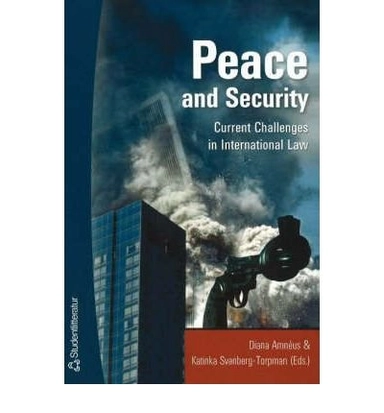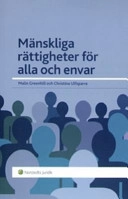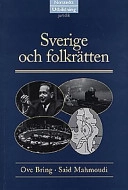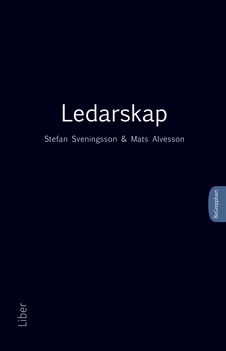

Peace and security : current challenges in international lawUpplaga 1
- Upplaga: 1a upplagan
- Utgiven: 2004
- ISBN: 9789144042657
- Sidor: 419 st
- Förlag: Studentlitteratur AB
- Format: Häftad
- Språk: Engelska
Om boken
Åtkomstkoder och digitalt tilläggsmaterial garanteras inte med begagnade böcker
Mer om Peace and security : current challenges in international law (2004)
I augusti 2004 släpptes boken Peace and security : current challenges in international law skriven av Diana Amnéus, Katinka Svanberg-Torpman. Det är den 1a upplagan av kursboken. Den är skriven på engelska och består av 419 sidor djupgående information om juridik. Förlaget bakom boken är Studentlitteratur AB som har sitt säte i Lund.
Köp boken Peace and security : current challenges in international law på Studentapan och spara pengar.
Tillhör kategorierna
Referera till Peace and security : current challenges in international law (Upplaga 1)
Harvard
Oxford
APA
Vancouver



















